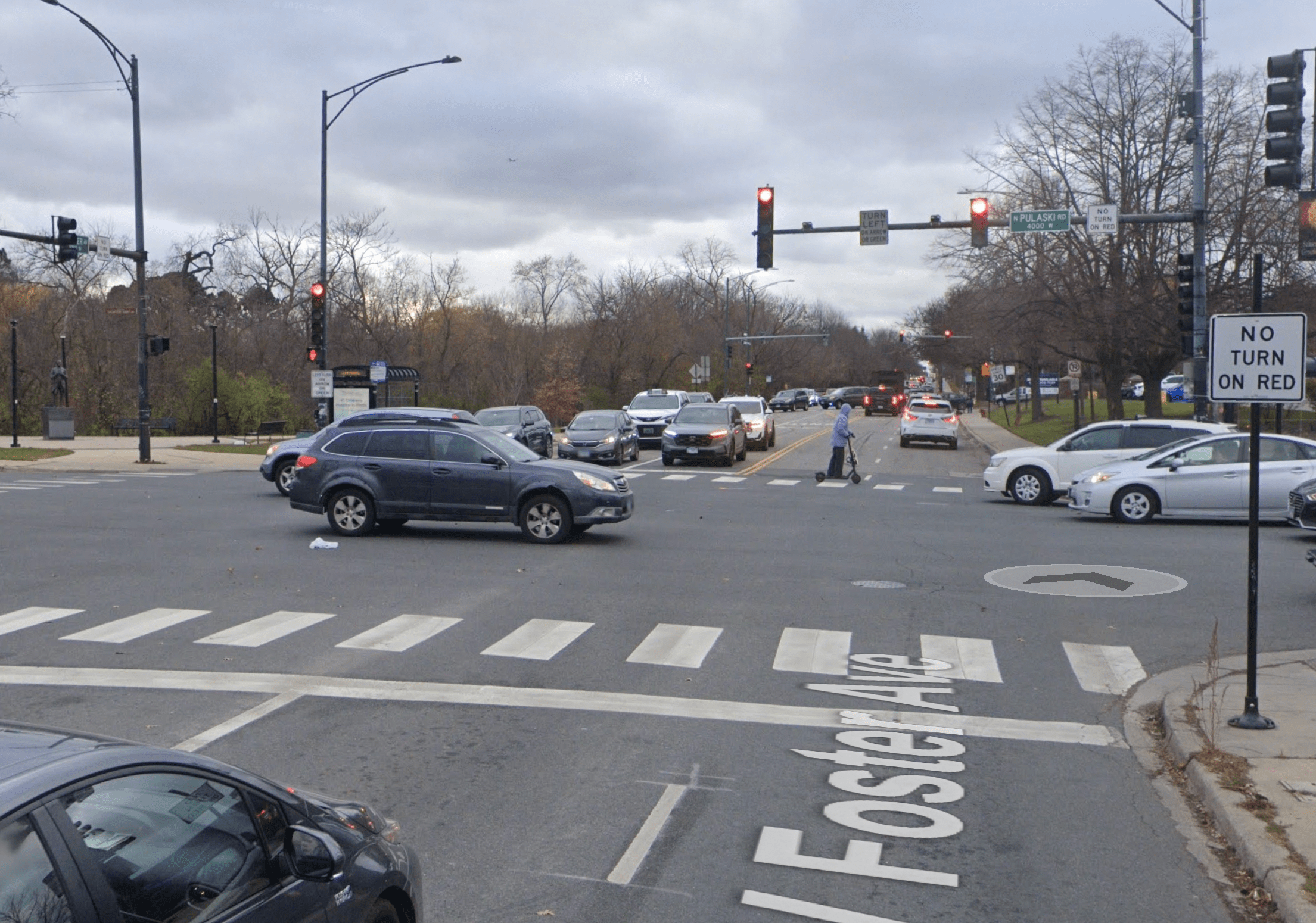If you care about the natural environment, where should you live?
Surrounding yourself with the trappings of nature, writes Shane Phillips at Better Institutions today, is a far cry from respecting and protecting the wilderness:
Much like the flower, for many of us, to love nature is to destroy it. We move from the city to the suburb or the rural town to be closer to nature, and to make it habitable (for us) we clear-cut it for new development, pave it over and turn woods and grasslands into manicured lawns, pollute it with our vehicles, etc. In our efforts to possess a small slice of "nature," we change the meaning of the word, leaving us with something beautiful, perhaps, but far from natural. This strain of thinking is very popular in places like the Bay Area, where there's a belief that we have to sharply limit development in cities in order to preserve some semblance of nature — "how can a place so gray possibly be green?"
But environmentalism is about much more than surrounding ourselves with greenery; in fact, its true meaning is exactly the opposite. Real environmentalism means surrounding ourselves with steel, concrete, and other human beings, leaving nature to itself instead of attempting to own it and shape it to our own selfish needs. What makes cities so important is that they allow us to express our love and appreciation for nature in a healthy way: from a distance, as a societal and environmental resource that can be preserved far into the future.
Elsewhere on the Network today: Seattle Transit Blog says the city's efforts to secure a streetcar are gaining momentum. The Transportationist prices out the economic costs of slower-than-expected travel times on the Twin Cities' new Green Line. And This Big City looks at the impact of AirBnB on cities.




